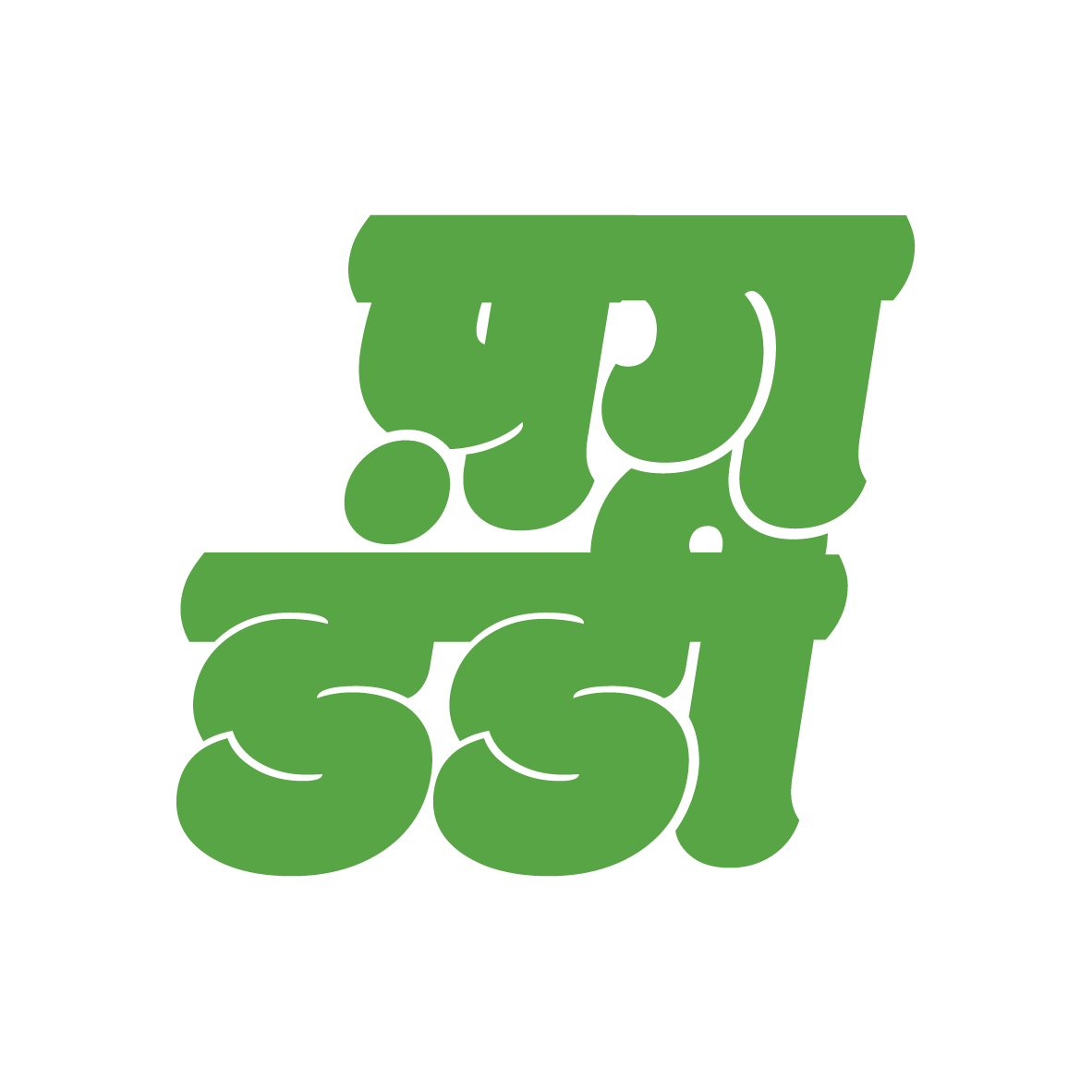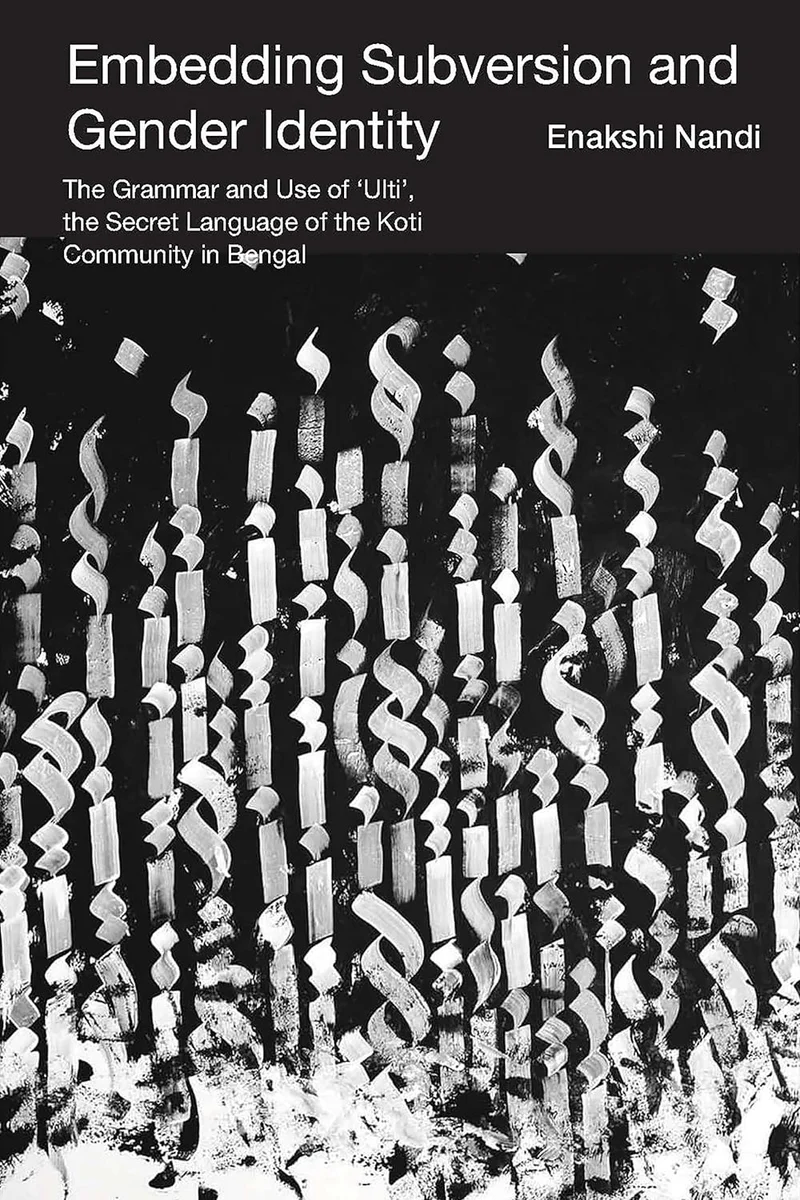Embedding Subversion and Gender Identity – Enakshi Nandi
₹950.00
Out of stock
Description
Embedding Subversion and Gender Identity opens a window onto the world of the hijra-koti community in West Bengal, India. The book seeks to contextualize the community within their sociocultural and multilingual ecosystem, and to understand the significance of their relationship with Ulti, the secret language spoken by them. Employing a combination of ethnographic and linguistic methodologies of data elicitation, it examines how social conditions lead to the development of a language’s lexicon and grammar, as well as the role language plays in building a subculture and constructing the identity of its speakers.
The book is especially interested in examining the relationship between language and gender – as well as between social gender and grammatical gender – in the context of Ulti. Bangla, being a language without grammatical gender, does not provide hijras or kotis with the linguistic tools required to express their gender. For persons assigned male at birth who identify as feminine, femme or trans, it becomes imperative to find a language to express and locate themselves in relation to the cisnormative and heteropatriarchal narrative that defines the mainstream. Ulti was developed to accomplish this: an ideologically subversive language that creates a discursive space for hijras and kotis within the grammatical framework of Bangla. Ulti also has a rare linguistic feature – a symbolic (feminine) gender marker called mashi that indexes the gender identity of its speakers.
Ulti shows us how a silenced community created a tongue of their own to give voice to their suppressed selves; and how language helps forge bonds of solidarity and community, which in turn strengthens the language itself.
Additional information
| Weight | 0.49 kg |
|---|
Only logged in customers who have purchased this product may leave a review.







Reviews
There are no reviews yet.